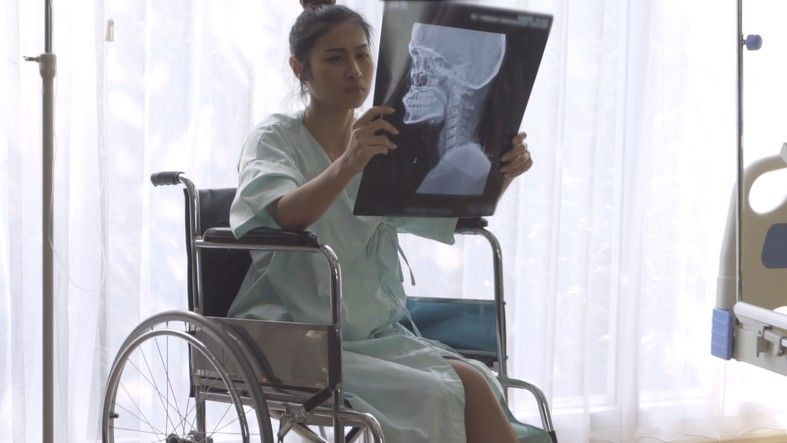Table of Contents
ToggleSuffering a brain injury can be a life-altering experience, and taking legal action might not be the first thing on someone’s mind after the trauma. However, seeking medical treatment right after an injury is often emphasized in personal injury cases. For those who have delayed seeking medical attention, questions naturally arise. One of the most common questions we encounter at Altman Nussbaum Shunnarah is whether waiting to receive medical care invalidates a brain injury claim. Fortunately, while delays in medical treatment can present challenges, they do not necessarily bar you from pursuing a claim. Instead, the legal outcome depends on several crucial factors, which we will explore in this guide.

Why Immediate Medical Treatment is Recommended
When a brain injury occurs, especially from an accident, the immediate priority should always be medical care. Brain injuries can range from mild concussions to severe traumatic brain injuries (TBIs), each with varying symptoms and recovery paths. In many cases, symptoms may not appear immediately, or they might seem minor at first. For instance, mild headaches, dizziness, or confusion could be early indicators of a more significant issue.
From a legal perspective, seeking prompt medical attention helps document the injury as it occurred and provides concrete evidence that the brain injury was directly connected to the accident. In court, this medical documentation can be crucial for establishing causation and proving that the injury was not caused by another event. While the law does not mandate immediate treatment, failing to get treated promptly can create skepticism about the severity or cause of the injury. However, if you have waited to receive medical treatment, it does not automatically mean your case is invalid.
How Delay in Medical Treatment Can Affect Your Brain Injury Case
Delaying medical treatment can impact your case in several ways. One significant aspect is that a delay can make it more challenging to prove that the injury was a direct result of the accident in question. Insurance companies and opposing counsel may argue that your delay suggests the injury was either not as severe as claimed or was caused by something unrelated to the initial event.
Another potential issue is the increased risk of complications when a brain injury is left untreated. Not only can delayed treatment complicate the injury itself, but it can also give the defense an opportunity to argue that the delay worsened your condition. They may contend that the symptoms or worsening of your injury resulted from neglect rather than the accident itself.
Reasons People Delay Medical Treatment for Brain Injuries
Delays in seeking treatment happen for many reasons, and it is essential to understand that these reasons can help your case. Many valid reasons exist for postponing medical care after a head injury. You might have:
- Believed your injury was minor
- Lacked health insurance
- Had work or family obligations
- Faced transportation difficulties
- Experienced confusion due to the injury itself
Courts and insurance companies often consider these legitimate explanations when evaluating cases. The key is being honest about your reasons for waiting and showing that you took reasonable steps once you recognized the seriousness of your condition.
Proving Causation and Severity Without Immediate Medical Care
One of the most challenging aspects of a brain injury case with delayed treatment is proving causation—that is, showing that the accident directly caused the brain injury. When there is a gap between the injury and the first medical appointment, insurers may question the connection. However, the absence of immediate medical records does not make it impossible to prove causation. Testimonies from witnesses, accident reports, and documentation of symptoms prior to treatment can provide valuable evidence.
Severity, too, is an essential factor. Even if medical records are delayed, symptoms can often be validated through the testimony of those around you who witnessed your health after the injury. Family members, friends, and coworkers can testify about changes in your behavior, memory issues, or any challenges you encounter in performing daily activities. These observations can help illustrate the real effects of your injury.
We are Here for You
A delay in seeking medical treatment after a brain injury does not necessarily prevent you from pursuing legal action. While delays can complicate matters, they do not invalidate your case. With detailed medical documentation, personal testimony, and professional legal guidance, it is possible to build a strong case that accurately reflects the impact of your injury. At Altman Nussbaum Shunnarah, we are here to support you through each step and ensure that your experience and rights are fully represented in your journey toward justice.




